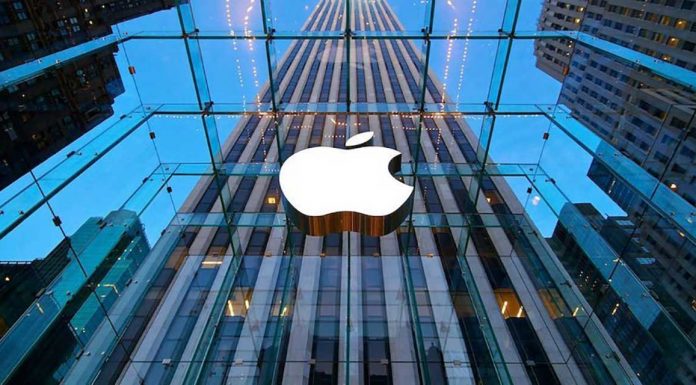Apple is moving towards carbon neutrality, as highlighted by its announcement that select products, including some versions of its latest Apple Watch, are carbon neutral. However, a report from the Institute of Public and Environmental Affairs (IPE), a Beijing-based environmental research group, questions the transparency of Apple's carbon-neutral claims for these Apple Watch models. The report emphasises Apple's need to provide more details about its suppliers' emissions.
Apple has designated certain configurations of its latest Apple Watch models as ‘carbon neutral'. This status is based on measures the company reports having implemented, such as emission reductions in materials, transportation, and electricity, in collaboration with suppliers utilizing clean energy. Remaining emissions were reportedly offset through nature-based initiatives, like forest restoration projects.
Yet, the IPE report presents concerns. “We believe there is a need for full disclosure and explanation of how Apple achieves carbon neutrality for its products, given the rise in carbon emissions from some of its suppliers,” the report states. This is particularly relevant since Apple no longer mandates its suppliers to disclose their greenhouse gas emission data. Despite a 12% decrease in global smartphone shipments in 2022, emissions from certain Apple suppliers appear to have only slightly decreased or, in some cases, even risen.
Also, Apple's claim that “100 percent of manufacturing electricity comes from clean energy” for specific Apple Watch models is questioned by the IPE report. “Given the lack of public disclosure from Apple's suppliers regarding their clean energy usage and greenhouse gas emissions, how can this claim be publicly verified?” the report asks.
It's worth noting that many companies, Apple included, buy Renewable Energy Certificates (RECs) to bolster their clean energy statements. However, the true impact of RECs in supporting genuine clean energy efforts is a topic of debate. The IPE suggests the possibility of complex accounting behind sustainability assertions, indicating that companies might allocate RECs to individual products to classify them as carbon neutral.
In response, Apple has said it works “closely with suppliers to help them obtain more renewables.” The tech giant also notes that its carbon-neutral products have received third-party verification by SCS Global Services.
Historically, Apple has been receptive to environmental feedback, making changes after IPE's 2011 findings. As global attention shifts towards environmental issues, corporations will face increased scrutiny over their sustainability statements, underlining the necessity for clear and thorough disclosure.











